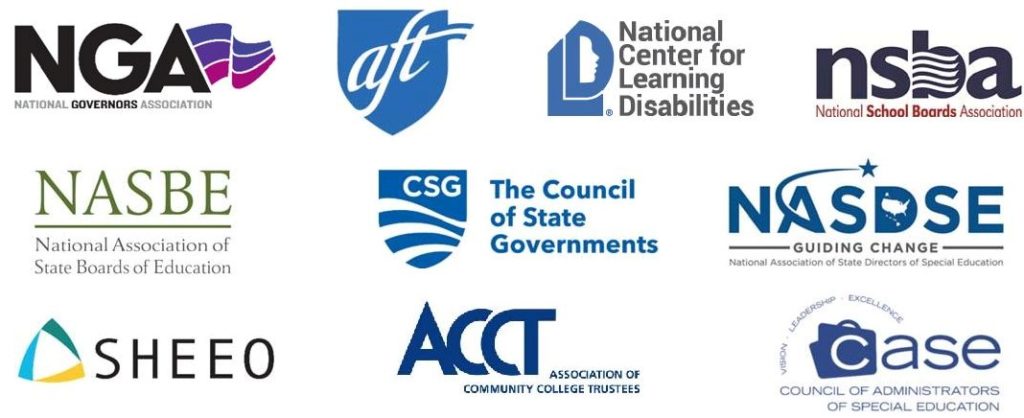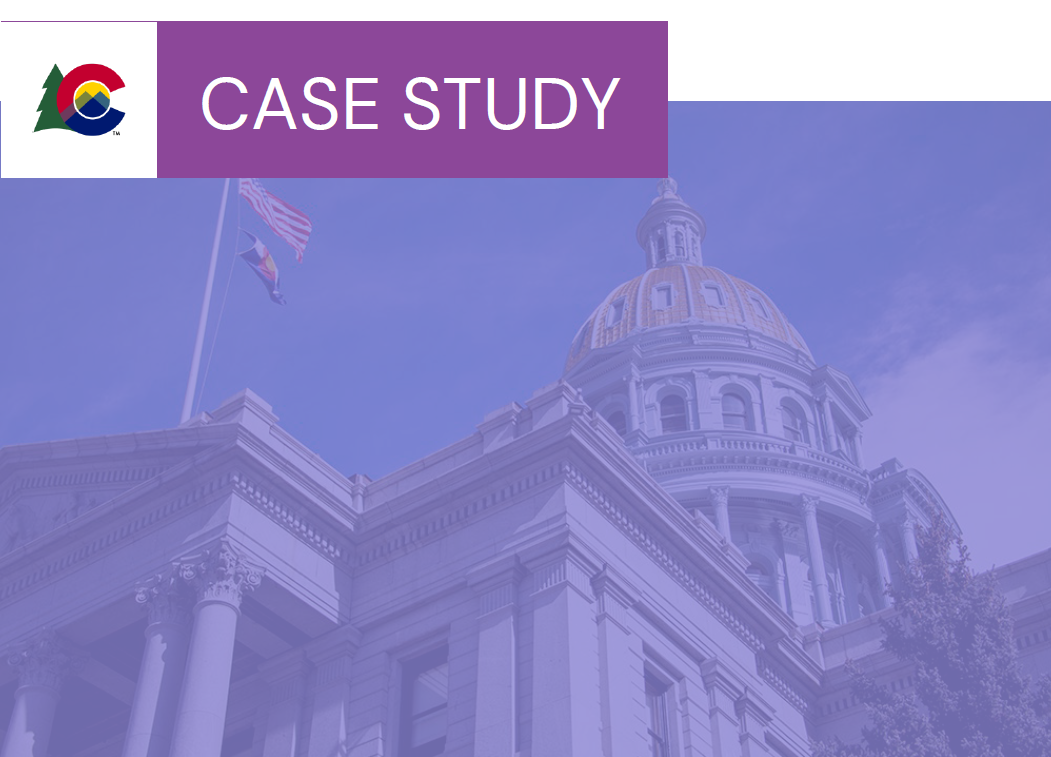
The Honorable Mitch McConnell
Majority Leader
United States Senate
U.S. Capitol Building, Room S-230
Washington, DC 20510
The Honorable Nancy Pelosi
Speaker of the House
United States House of Representatives
U.S. Capitol Building
Washington, DC 20515
The Honorable Chuck Schumer
Minority Leader
United States Senate
U.S. Capitol Building, Room S-224
Washington, DC 20515
The Honorable Kevin McCarthy
Minority Leader
United States House of Representatives
U.S. Capitol Building
Washington, DC 20515
July 17, 2020
Dear Majority Leader McConnell, Speaker Pelosi, Minority Leader Schumer, and Minority Leader McCarthy:
On behalf of the state, local, K-12 and higher education organizations, we urge Congress to provide the significant resources necessary for schools and higher education institutions to reopen, while respecting the long-standing principles of state and local control that govern our education systems.
We appreciate the Education Stabilization Fund in the Coronavirus Aid, Relief, and Economic Security (CARES) Act. The fund has been a lifeline to keep schools and higher education institutions open virtually and provide access to learning resources for students and families while buildings and campuses are closed.
The Governor’s Emergency Education Relief Fund is supporting school districts and higher education institutions’ efforts to improve online learning access and provide mental and physical health supports for the fall, including:
- broadband access and technology;
- training and professional development of teachers, leaders and faculty;
- higher education and workforce development;
- curriculum development and delivery; and
- mental health and social-emotional supports for students.
In addition, a recent analysis by Johns Hopkins University found that most state reopening plans are prioritizing services for students of poverty and systemic disadvantage.
To ensure the safety of communities and educational equity, and to allow for in-person and online delivery of education, increased federal investment is critical.
The Council of Chief State School Officers estimates that school systems will need between $158.1 billion and $244.6 billion in total additional funding to reopen school buildings safely and serve all students in the next academic year. The American Council of Education estimates that higher education institutions will need $46.6 billion to address student needs and to support institutions that are losing staggering sums after closing physical campuses to ensure the safe delivery of education.
As Congress considers the next round of COVID-19 relief, we request substantial funding for K-12 and higher education in order to meet the needs highlighted in the aforementioned reports and other estimates produced by groups signing this letter. These resources should be allocated via a dedicated funding stream such as the Education Stabilization Fund model created by the CARES Act to include:
- A reservation of 10 percent of funding for the Governor’s Emergency Education Relief Fund;
- Dedicated funding for public K-12 education to ensure that school districts have the resources they need to address revenue shortfalls and new expenses related to starting the next school year in a manner that prioritizes learning and safety of students and staff; and
- Dedicated funding for higher education institutions to have the resources to address the challenges presented by the ongoing pandemic and to prioritize learning and safety.
We urge Congress to prohibit conditions on COVID-19 education relief funding that would seek to define or mandate specific models of K-12 or higher education reopening. Such a move would violate the state and local decision-making that defines each of our education systems.
States, localities and communities representing K-12 and higher education stand ready to work with Congress and the President to ensure schools, colleges, universities, educators and students have the resources needed for a high-quality learning experience.
Sincerely,
The American Federation of Teachers
The Association of Community College Trustees
The Council of Administrators of Special Education
The Council of State Governments
The National Association of State Boards of Education
The National Association of State Directors of Special Education
The National Center for Learning Disabilities
The National Governors Association
The National School Boards Association
The State Higher Education Executive Officers













